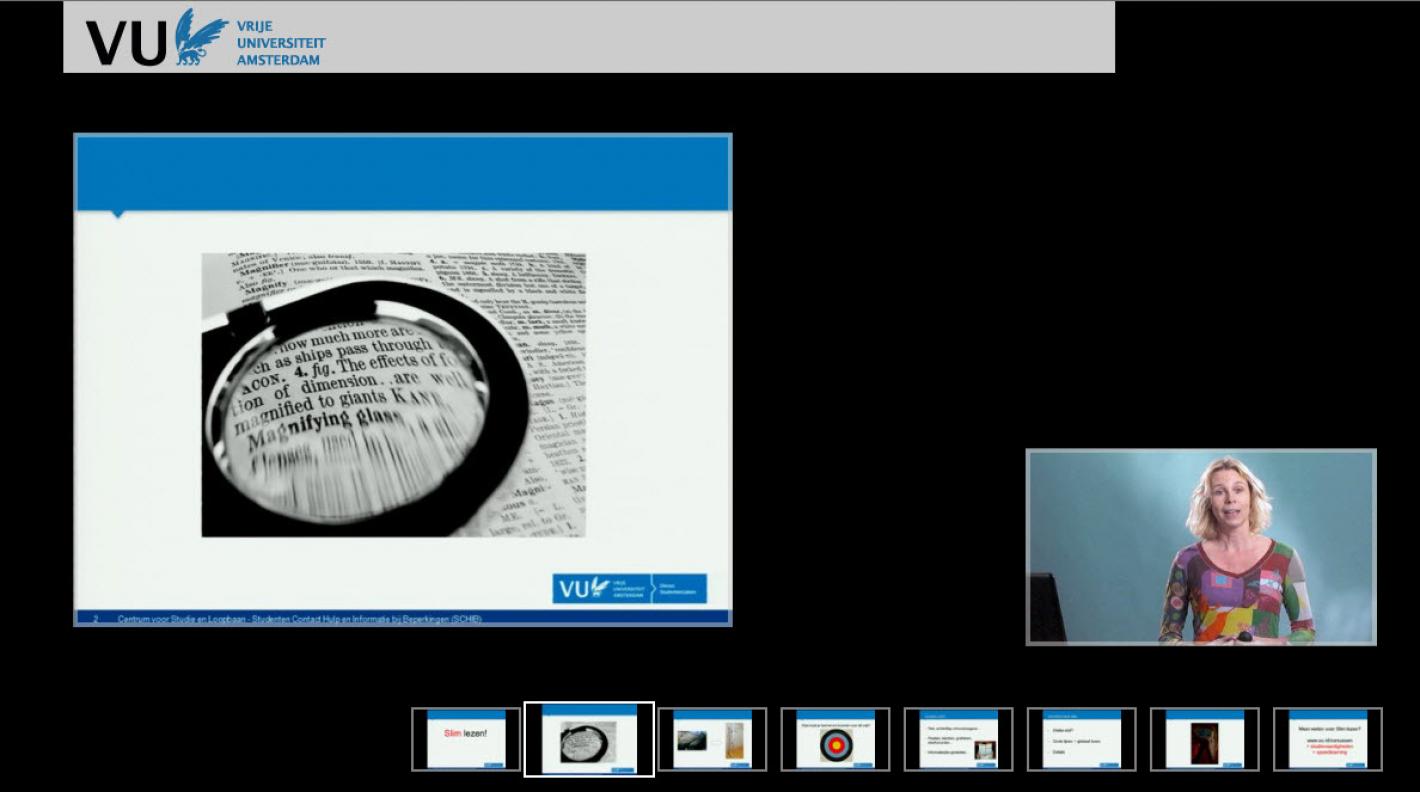Are we ready for the future? Media literacy – functional literacy for the 21st century
by Tijana Femic, Coordinator, Creative Drive Project, Serbia
Media literacy encourages the evaluation of information and media content based on the way in which this information was created, the messages that are spread, their target group, the personal attitude of the message receiver, and their interaction with information.
Simply by asking ourselves the question: "What is the role of school in our lives?" it is clear that the word FUTURE will be an integral part of the answer, as well as “our role in society“.
And that is where we come across an absurd fact. Schooling systems in many countries do not have media and information literacy integrated into their curricula but their role still remains the same - to prepare us to be functional and responsible citizens in the 21st century, the age of digitisation and information.
In addition to this, the expanded role and impact of multimedia and technology have brought many changes to the ways in which we communicate today and have influenced the way in which we work, learn and function in society. In order to meet all the needs of new “Internet” generations, we need to adjust the means and approaches we take in education. Enhancing the media literacy of young people in schools is a key factor in forming their critical thinking and building their skills for future.
The project “Creative drive“ which I am coordinating came about as a result of the 10 years’ of experiences which the Novi Sad School of Journalism (NSSJ) has had in bringing media and information literacy into the schooling system in Serbia.
In recent years, NSSJ has organised accredited vocational training for teachers from both primary and elementary schools. While this training was generally agreed as providing a good start, much more was needed. This is where “Creative Drive“ comes in. Funded under the European Commission’s Civil Society and Media Programme 2016-2017 through the Delegation of the European Union to the Republic of Serbia, this 3 year project began in 2018. Its main goal is the implementation of the practice of media and information literacy into the existing systems of primary and secondary education in Serbia, as a form of a functional literacy of citizens in a democratic society in the 21st century.
The idea behind this project is to provide teachers and pupils with three years’ of mentoring and educational support through seminars, media literacy camps and access to multimedia materials which can be used in schools.
In this project we didn't treat media and literacy as a specific subject but as a creative multimedia approach which can be applied to all existing subjects. We believe in the importance of stimulating pupils to think about all the information with which they are surrounded as well as their responsibilities once they launch their messages and other material on the Internet.
In order to create more friendly, modern and interactive space for these kinds of activities in schools we have decided to include school librarians. The Strategy for Development of Education in Serbia up to 2020 highlights the importance of media and information literacy and emphasizes the role of the libraries as learning environments and resource centres for the implementation of media and information literacy.
Through different forums and seminars with librarians, we are creating new curricula for school libraries to help their transition from traditional libraries into info libraries, places where pupils can come to do all the creative work they need to do including the multimedia work that is part of a media literacy program.
Through this project, we will engage more than 30 schools and school libraries and more than 1000 teachers and librarians in next three years. You can read more about it here.


